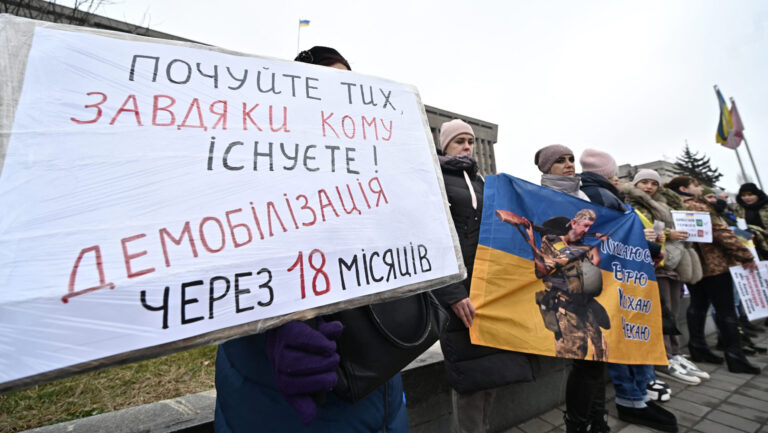Facebook, owned by the Meta corporation, permanently banned the Hungarian right-wing news site PestiSrácok.hu from their platform. The decision by the social media giant came on Saturday, 25 November. According to the cached version of the Facebook page, it had 123,000 followers at the time of the banning.
The PestiSrácok.hu editorial board has released an editorial article on the subject. In it, they reveal that, according to the notification they received, the site’s AI technology flagged a total of five infractions by content posted on the page in the last four years, the latest being from a month ago, which led to the deletion. However, PetiSrácok claims they were not informed on what five specific posts went against Facebook’s infamous ‘community guidelines’.
What they do know is that the last time they received notification of a violation about a specific post was in early May, when they reported on a number of convicts, sentenced by the previous Socialist administration on charges of terrorism, getting presidential pardons from President Katalin Novák. As the site’s staff pointed out, however, all major news outlets in Hungary have reported on the pardon; and the staff went on to describe the decision to flag their content on the matter as ‘completely incomprehensible’.
Despite all that, they ended their editorial by expressing hope the decision would be reversed on appeal. However, on Sunday,
PestiSrácok reporter Balázs Dezse wrote in his blog that they found out that the deletion is permanent.
Facebook and other major social media sites have been accused of left-wing bias and continual violation of the principle of free speech for a long time, mainly in the United States—Dezse and the rest of the PestiSrácok writers echo this sentiment, understandably. In both the editorial and the blog post, they write that they suspect that this has to do with the upcoming European Parliamentary elections next year.
In fact, one of the largest acquisition deals in recent years, Elon Musk’s $44 billion purchase of the Twitter (now X) platform was largely motivated by frustration over political censorship, as proclaimed many times by Musk himself. After his takeover, he vicariously published the so-called ‘Twitter files’, which detailed the direct communication between political operatives, intelligence agencies, and the former Twitter leadership.
And perhaps the most notorious example of all: all major social media sites, Facebook, Instagram (also owned by Meta), YouTube, and Twitter decided in unison to ban sitting US President Donald Trump from their respective platforms in January 2021, in the wake of the Capitol riots. Another major social media site, Reddit, could not do the same because they had already banned the Trump supporters’ very active subreddit in June 2020—the page had already been in ‘quarantine,’ meaning its discoverability was artificially reduced to zero, since November 2019.
We ourselves at Hungarian Conservative had to face similar issues.
In February 2023, at a time of rapid growth in the website’s traffic, Facebook decided to artificially limit the reach of our page and remove a post for posting an image that they claimed went against their community guidelines. The image in question was the featured photo of an article reporting on the Russian Wagner Group recruiting mercenaries in Serbia. The picture in fact was an AFP photo of a graffiti in Belgrade featuring the militia’s logo. Very much akin to the case of PestiSrácok, Facebook decided to penalize Hungarian Conservative despite the fact that a BBC article had also used the exact same photo, and the logo was visible in the thumbnails of multiple other news articles posted on Facebook, including one by the Business Insider and one by Ukrinform.net, to cite just two.
Related articles:








